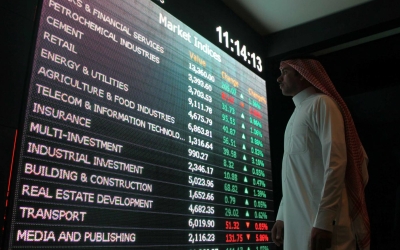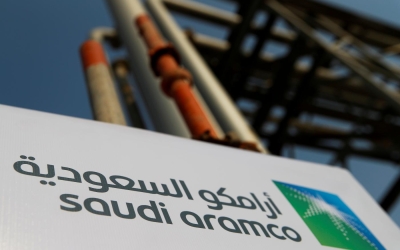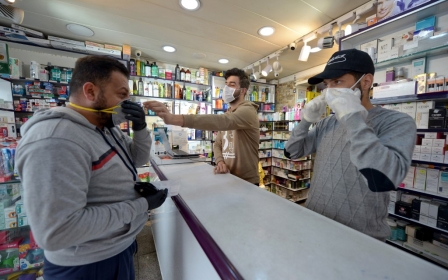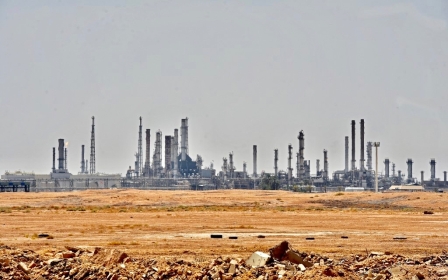UAE central bank announces $27bn stimulus plan to boost virus-hit economy
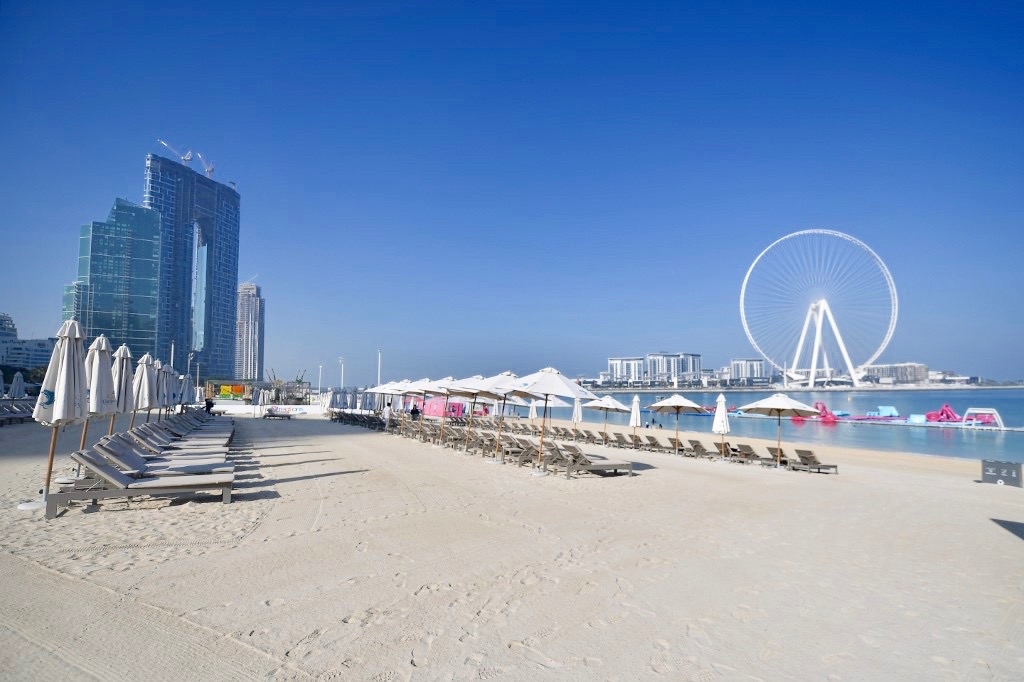
The central bank of the United Arab Emirates (UAE) announced a 100bn dirhams ($27bn) economic stimulus plan on Saturday aimed at containing the impact of the coronavirus outbreak, which has so far infected 85 people in the Gulf state.
The move is aimed at supporting banks and businesses in the country, where the outbreak is impacting vital economic sectors including tourism and transportation. Attractions including the Louvre Abu Dhabi museum and the Ferrari World theme park will be closed from 15-31 March, the Abu Dhabi Government Media Office said; while the country's civil aviation authority indefinitely suspended flights to and from Lebanon, Turkey, Syria and Iraq from 17 March, according to Reuters.
The UAE on Saturday also temporarily suspended the issuance of all entry visas except for those holders of diplomatic passports. This will be effective as of 17 March. The decision does not apply to persons who have already got visas before the effective date, the Gulf News reported.
The authority added that the decision will be effective until countries of departure activate a mechanism for medical screening of passengers as an additional measure.
The central bank said it will provide 50bn dirhams through collateralised loans at zero cost to all banks operating in the UAE, while an additional 50bn dirhams will be freed up from lenders’ capital buffers.
"The CBUAE is allowing banks to free-up their regulatory capital buffers to boost lending capacity and support the UAE economy," it said in a statement.
The move comes after Dubai on Thursday announced a 1.5bn dirhams stimulus package aimed at supporting the retail, trade, tourism and energy sectors.
Concerts, sporting events and industry conferences have been cancelled or postponed in the past few weeks in the UAE to contain the spreading of the new coronavirus.
In Dubai - the Middle East's trade, finance, tourism and transportation hub - some businesses have started to feel the pain from the global travel slowdown caused by the outbreak.
The central bank said the scheme aimed to offer banks relief for up to six months from the payments of principal and interest on outstanding loans for affected private sector companies and retail customers.
Other measures introduced by the regulator include reducing by 15-25 percent the amount of capital banks have to hold for their loans to small and medium enterprises, and better terms for first-time home buyers, who will be required to put up less of their own capital for real estate purchases.
Importantly for the local real estate sector - which has been struggling in Dubai for the past decade - banks will be allowed to increase their exposure to real estate loans.
"When the exposure reaches 20 percent of the banks' loan portfolio (measured by risk-weighted assets) banks will be allowed to increase it to 30 percent, but will be required to hold more capital," it said.
The central bank also introduced regulations that reduce banking fees for small companies.
The Dubai and Abu Dhabi indices dropped last week amid coronavirus concerns and because of an oil price war between Saudi Arabia and Russia, which sent oil prices tumbling.
The move is considered a gambit by both Saudi Arabia and Russia, which did not want as deep a price cut as Riyadh, to counter the growing market share of the US shale industry, MEE reported on Friday.
In a similar vein, Saudi Arabia's central bank said on Saturday it had prepared a 50bn riyal ($13bn) package to help small and medium-sized enterprises cope with the economic impacts of the coronavirus outbreak. The funding from the Saudi Arabian Monetary Authority is aimed at granting SMEs six-month deferrals on bank payments, concessional financing and exemptions from the costs of a loan guarantee programme.
To contain volatility in the markets, the UAE central bank said it plans to issue guidelines on margin calls, asking banks to always request additional collateral before liquidating pledged stocks in case of a market downfall.
It also reiterated its commitment to maintain the peg of the dirham to the US dollar, and said foreign currency reserves amounting to 405bn dirhams as of 10 March were "adequate" to safeguard the stability of the currency.
Middle East Eye delivers independent and unrivalled coverage and analysis of the Middle East, North Africa and beyond. To learn more about republishing this content and the associated fees, please fill out this form. More about MEE can be found here.


